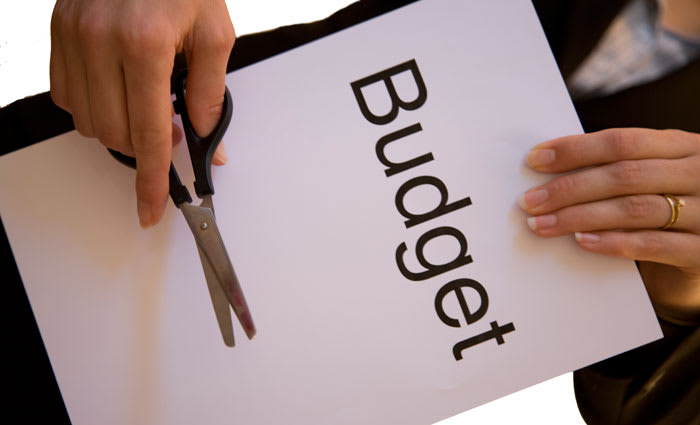Property investors lose out in NSW State Budget
The abolition of the off-the-plan transfer duty concession deferral scheme for residential investors in the NSW State Budget will recoup $380 million in a one off annual fillip next financial year.
Investors will then pay another $110 million in 2018-19 ahead of schedule, the NSW treasury papers indicate.
The OTP stamp duty was always going to be paid by investors, but the decision brings forward its payment.
The concession for residential off-the-plan purchases, which allowed for a delay of up to 12 months in the payment of duty, has been amended to allow the government's focus on first home buyers.
The state's finances continue to benefit from Sydney's property boom.
The Government will reap $6.8 billion in residential stamp duty revenue in 2016–17, an increase of almost 10 per cent on the previous year, thanks in part to the strong performance of Sydney's property market.
All the big property decisions were actually announced before today's budget.
The doubling of the foreign investor from four per cent to eight per cent on stamp duty and a rise from 0.75 per cent to 2 per cent on foreigner land tax is forecast to secure $180 million in its first year.
Privatisations have turbocharged NSW finances, with Treasurer Dominic Perrottet announcing a surplus when he delivered his first budget today.
He describing his first state budget as "the envy of the western world."
"Surpluses shield us from difficulties and challenges that may lie ahead. We're [forecasting] 75,000 new homes in the next 12 months; we are about to embark on a housing construction boom," said Mr Perrottet when asked about his level of confidence against the backdrop of a housing crash speculation.
With much foreshadowed, the biggest new announcement on Tuesday was spending on hospitals, with $720 million to upgrade the Prince of Wales Hospital at Randwick.
It added to $632 million for the Campbelltown Hospital, $534 million for Tweed Hospital; $576 million for Nepean Hospital; and $341 million for Concord Hospital that had all been previously announced.
Stamp duty revenues are still edging towards $10 billion annually for the ever increasing property tax-dependent NSW State Government coffers.
Residential stamp duty was up 9.6 percent in the current financial year to $6.8 billion, and will ease to 5.9 percent growth next financial year. Treasurer Perrottet expects transfer duty revenue to continue increasing but at a slower growth rate - down to 4.2 per cent by the 2020-21 financial year. Total transfer duties sit at $9.6 billion.
The budget confirmed first home buyers in New South Wales will be able to buy property up to $650,000 without having to pay stamp duty.
The policy, which will apply to new and existing homes, will start from July 1 in an attempt to combat the housing affordability issue by the NSW State Government. It will cost $187 million next financial year rising to $310 million in 2019.
The cap had previously been set at $550,000 for first home buyers on new homes.
Homes up to $800,000 will also see a discounted stamp duty.
Up to $34,360 will be saved under the package, according to the government.
The budget papers reveal that property development companies that are foreign-owned but based in Australia will not be taxed as foreigners and will be eligible for a refund if they sell their developed properties within five years.
The budget papers confirm the 2016-17 surplus is $856.9 million higher than forecast in last year's budget, largely to stamp duty revenues from the part-privatisation of electricity companies Ausgrid and Endeavour Energy.
The NSW Government will spend more than $720 million over the next four years to address the key issue of housing affordability.
“Our number one priority as a government is to get more houses built and to market to help make new homes more affordable,” Minister for Planning and Housing, Anthony Roberts said.
“We are working on many fronts to make owning a home a reality for more people, by streamlining and simplifying the planning system so housing approvals can be fast-tracked and are continuing to release and rezone more land.
The 2017-18 NSW Budget includes $117.8 million over four years of new investment to deliver infrastructure, housing and employment initiatives, review land use and infrastructure strategies for priority growth areas and implement regional plans.
